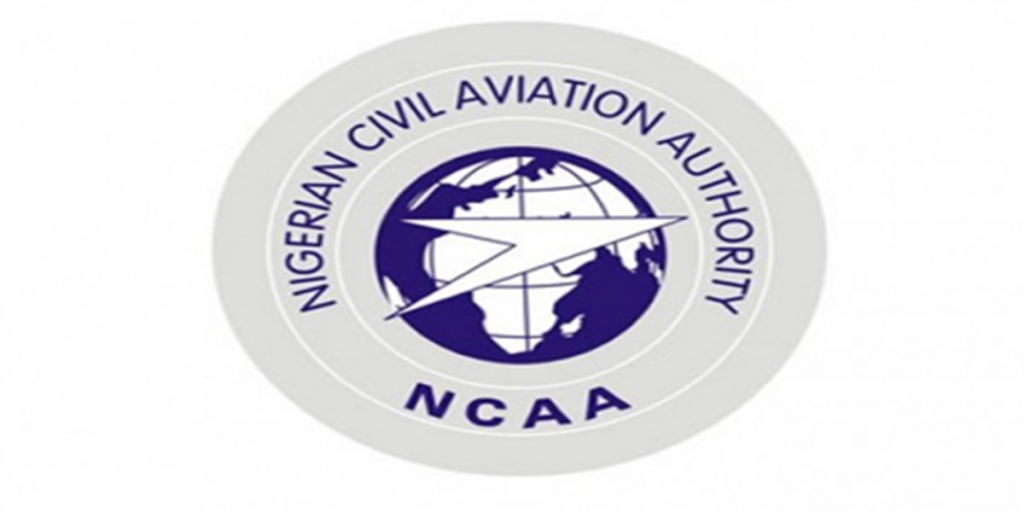The Nigerian aviation industry is facing internal turmoil as two prominent aviation unions, the Air Transport Services Senior Staff Association of Nigeria (ATSSSAN) and the National Union of Air Transport Employees (NUATE), have accused ground handling companies of breaching the agreed-upon “Safety Threshold Ground Handling Charges.” This disagreement stems from an earlier price hike implemented by ground handling companies due to escalating operational costs driven by Nigeria’s persistent inflation. The initial price increase, which saw charges for handling various aircraft types multiply several times over, was met with strong resistance from airline operators. The NCAA, in an attempt to mediate the situation, negotiated a 15% reduction from the proposed increase. However, allegations of undercutting among ground handling companies, particularly the major players like NAHCO and SAHCO, have surfaced, threatening the stability of the agreed-upon pricing structure and potentially jeopardizing safety standards within the industry.
The heart of the contention lies in the alleged violation of the negotiated agreement. While the ground handling companies, under the umbrella of the Aviation Ground Handling Association of Nigeria (AGHAN), initially justified the price increases citing the impact of inflation on their operating costs, the subsequent price war sparked by undercutting undermines the very justification for the initial increase. The unions, ATSSSAN and NUATE, who played a significant role in brokering the initial agreement, have expressed deep concern over the potential ramifications of this breach, warning that it could compromise safety standards within the industry. Their concerns stem from the possibility that undercutting could lead to cost-cutting measures that might compromise safety protocols and equipment maintenance, ultimately endangering passengers and crew.
The unions have formally petitioned the Nigerian Civil Aviation Authority (NCAA) twice, first on July 4, 2025, and more recently, urging the regulatory body to intervene and enforce the agreed-upon pricing structure. They have also cautioned that a failure to address this issue decisively could result in industrial action, further disrupting the aviation sector. The unions assert that they are committed to upholding the sanctity of the agreement and hold themselves responsible for ensuring compliance. They have even indicated a willingness to take independent action to protect the agreement without necessarily consulting the NCAA, indicating the seriousness with which they view this matter.
The petition explicitly names the managing directors of major ground handling companies like NAHCO and SAHCO, as well as airline executives and union branch executives, signifying the broad scope of concern regarding this issue. The unions’ proactive involvement underscores their vested interest in maintaining a stable and safe operating environment within the aviation industry. Their warning of potential industrial action signals a potential escalation of the conflict if the NCAA fails to address their concerns promptly and effectively. The involvement of the unions also highlights the potential for widespread disruption within the aviation sector if the issue remains unresolved.
Adding another layer of complexity to this situation is the potential involvement of the Economic and Financial Crimes Commission (EFCC). Reports suggest that the commission might investigate the alleged price undercutting, which stakeholders believe could pose significant safety risks. The Director-General of the NCAA, Chris Najomo, recently met with the EFCC Chairman, Mr. Ola Olukoyede, in Abuja, although the specifics of their discussion remain undisclosed. This development suggests that the authorities recognize the gravity of the situation and the potential for wider implications beyond the immediate pricing dispute. The potential for an EFCC investigation raises the stakes for the ground handling companies and adds pressure on the NCAA to resolve the issue swiftly.
The ongoing dispute over ground handling charges in the Nigerian aviation sector presents a multifaceted challenge. It encapsulates the complex interplay between economic pressures, regulatory oversight, and labor relations. The ground handling companies’ initial price increase, driven by inflationary pressures, was met with resistance from airlines concerned about the impact on their operational costs. The NCAA’s intervention, resulting in a negotiated reduction, aimed to strike a balance between the competing interests. However, the subsequent allegations of undercutting have destabilized the fragile agreement and raised concerns about potential safety compromises. The unions’ involvement, coupled with the possibility of an EFCC investigation, further complicates the situation and underscores the urgent need for a resolution that safeguards the interests of all stakeholders and ensures the continued safety and stability of the Nigerian aviation industry. The outcome of this dispute will significantly impact the future dynamics of the aviation sector in Nigeria and will likely serve as a precedent for future negotiations between ground handling companies, airlines, and regulatory bodies.














